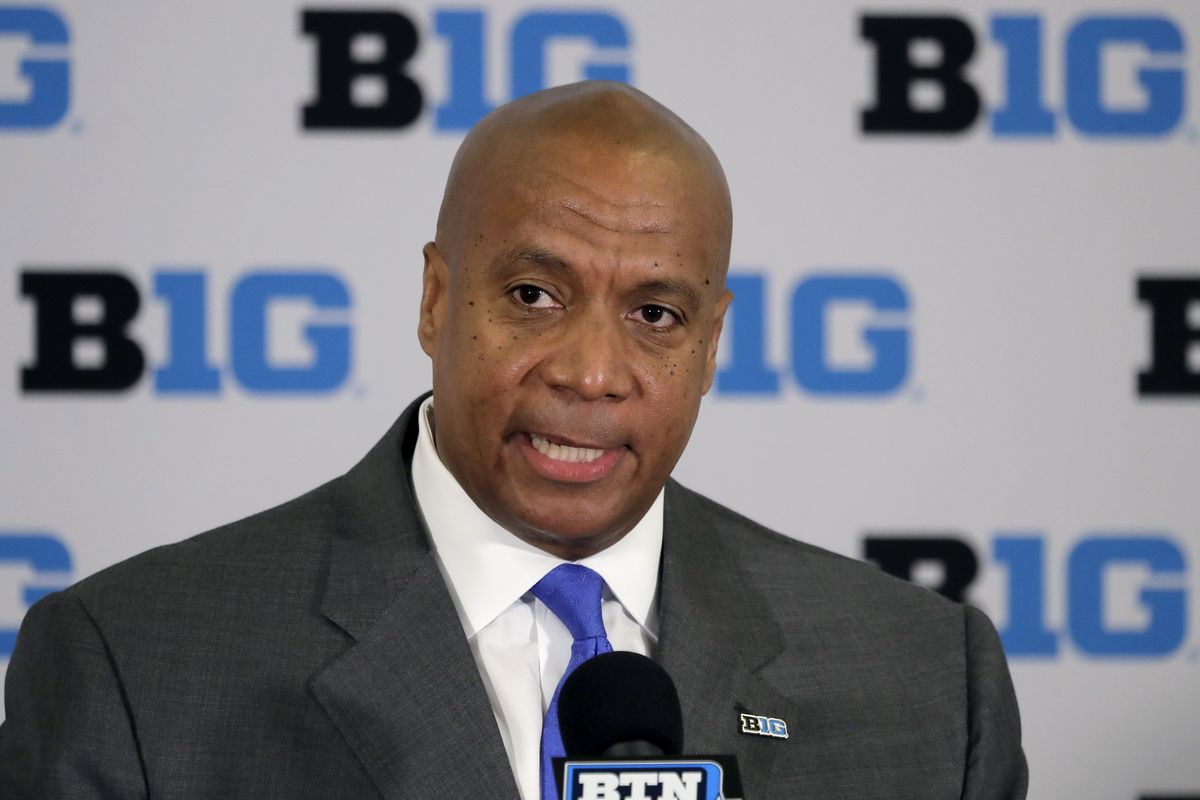Big Ten changes course, will play fall football after all

Players were pumped. Coaches were stoked. Fans seemed relieved.
The Big Ten is going to give fall football a shot after all.
Less than five weeks after pushing fall sports to spring in the name of player safety during the pandemic, the conference ran a reverse Wednesday and said it plans to open its football season the weekend of Oct. 23-24.
“Let’s goooooo!!!” Ohio State quarterback Justin Fields tweeted.
Amid the celebration, a word of caution: This is still not going to be easy.
“We can’t emphasize enough that what we’re putting forward still requires prevention, requires accountability from everyone involved from our student-athletes to coaches to staff to be doing the things to prevent getting this infection,” said Dr. Jim Borchers, the team physician for Ohio State. “And our progress will be measured by their efforts but also we hope by the efforts to provide a clean competition and practice environment.”
All 14 teams will be scheduled to play eight regular-season games in eight weeks, plus have the opportunity to play a ninth game on Dec. 19 when the conference championship game is played. The College Football Playoff selections are scheduled for Dec. 20, which means the Big Ten’s best should be back in the hunt for a national championship – if all goes well.
If it does not, the schedule does not provide much room to adapt. Other conferences built in bye weeks, which allows time to deal with potential disruptions.
The Big Ten did that back in early August, but now must go forward with a condensed schedule and signs that things could go awry.
Across major college football since Aug. 26, 13 games have been postponed because of teams dealing with COVID-19 outbreaks. Some have not been rescheduled.
The Big Ten is banking on daily testing to mitigate the risk of outbreaks and decrease the probability that a few positive tests will gut rosters when contact tracing sends players into 14-day quarantines.
The Big Ten will begin daily antigen testing of all fall sports athletes, coaches and staff Sept. 30. The conference is taking an especially cautious approach with those who do test positive: The earliest an athlete will be able to return to game competition is 21 days after a positive diagnosis, and following a cardiac evaluation and clearance from a cardiologist.
“We’re in a better place, regardless of how we got here or how painful it was during the time we waited to get this moment,” Ohio State athletic director Gene Smith said.
“That’s all behind us.”
The Big Ten said its Council of Presidents and Chancellors voted unanimously to restart sports.
The vote last month was 11-3 to postpone, with Ohio State, Iowa and Nebraska voting against.